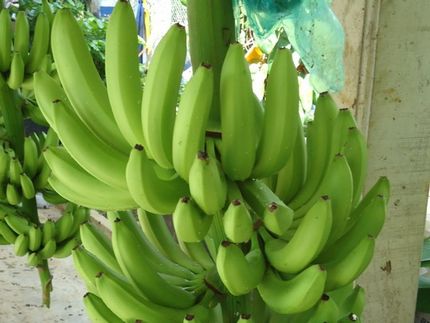Bunge Launches Unprecedented Program to Monitor Soybean Crops from its Indirect Supply Chain in the Brazilian Cerrado
Bunge will be the first global company to foster mass action in the Cerrado region to track indirect purchases of soybeans, offering extensive benefits to the entire supply chain
Bunge launched an unprecedented initiative to share best practices with grain dealers about traceability and monitoring of soybeans crops linked to its indirect supply chain in the Cerrado region, one of the high-risk areas of deforestation in Brazil. Dubbed Bunge Sustainable Partnership, the program will help partners implement supply chain verification systems, including satellite and farm-scale images. Dealers can adopt independent imaging services or use Bunge's geospatial monitoring structure at no cost. The initiative is part of Bunge's global non-deforestation policy with a public and voluntary commitment to reaching deforestation-free value chains worldwide by 2025.
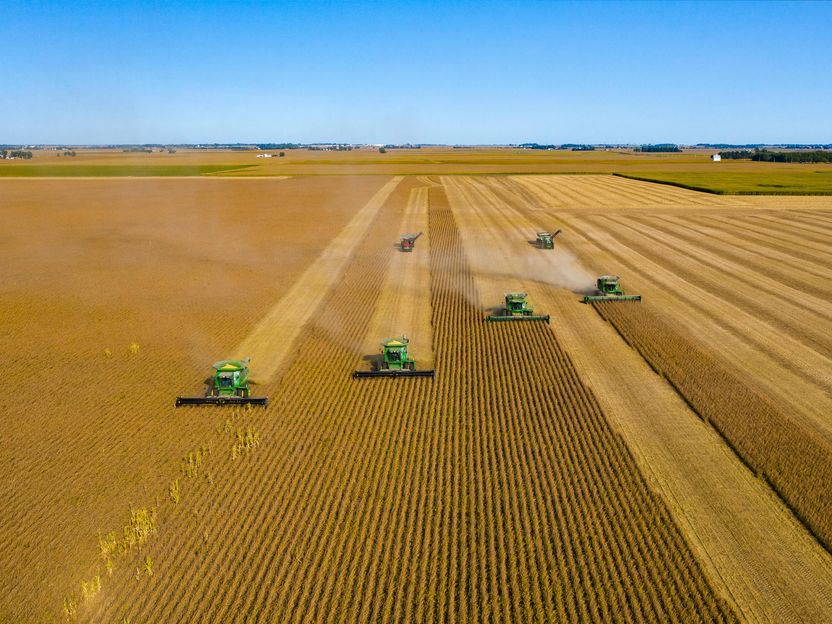
Photo by Meredith Petrick on Unsplash
Bunge already has 100% traceability to the farm for its direct purchases and in the Brazilian Cerrado region alone, the Company monitors more than 8,000 farms, reaching a total of 11.6 million hectares (28.6 million acres), which accounts for 96% of the soybeans purchased directly in this region. With the engagement of grain dealers through the Bunge Sustainable Partnership, the Company expects to reach 100% of traceability and monitoring of its indirect purchases in the next four years. Bunge currently traces and monitors approximately 30% of its indirect purchases.
"We recognize the important role we can play in our industry. This unprecedented initiative is a way for Bunge to share with its supply chain the best practices we use to build value chains that are traceable and verifiable. We value our partnership with dealers and producers to make our supply chains increasingly productive and sustainable and we believe that solutions at-scale and with long-term impacts are only possible when all partners in the value chain, from farmers to customers, are involved and engaged," says Rob Coviello, Bunge’s Chief Sustainability Officer and Government Affairs.
The company will share its experience, methodologies and tools with partner dealers interested in implementing or improving the social and environmental evaluation of their suppliers (farmers). For monitoring, which involves verifying soybean crops by satellite images, dealers may choose to contract their own systems or use Bunge's structure free of charge. The pilot program is being carried out in partnership with Agrícola Alvorada, and data from the properties the dealer buy soybeans from have already been included in Bunge's satellite monitoring cycle for this year.
"Bunge's support and expertise in monitoring and tracking is critical to the overall improvement of our supply chain. It accelerated our adaptation to market demands," says Jarbas Weis, managing director of Agrícola Alvorada.
Farm-scale monitoring
Bunge is the only company in the sector that uses data from Brazil's Rural Environmental Registry (CAR) at this scale to obtain accurate information about the dimensions of the properties and their borders in Brazil. This enables the observation of land-use changes more accurately on each of the monitored properties, which is otherwise not possible with limited GPS coordinates. This new offering would allow grain dealers to use the same model to monitor their suppliers.
"Grain dealers play an important role in our industry by giving market access to small and medium-sized farmers. By helping them implement traceability and monitoring systems and tools, we are doing our part to contribute to the entire sector," explains Roberto Marcon, Bunge's Origination Director.
Under its global non-deforestation commitment, Bunge also takes several actions to encourage sustainable agriculture, from special financing lines to mapping areas already open and suitable for soybean expansion. The most recent example is the AgroApp Bunge, an app that works as a hub of information and tools to support sustainable production, to address sustainability-related issues and to offer overall support to farmers. Through this communication channel, farmers have easy access via mobile devices to CAR data on their properties, which contributes to the property's overall environmental and biodiversity management.
Most read news
Organizations
Other news from the department business & finance

Get the food & beverage industry in your inbox
By submitting this form you agree that LUMITOS AG will send you the newsletter(s) selected above by email. Your data will not be passed on to third parties. Your data will be stored and processed in accordance with our data protection regulations. LUMITOS may contact you by email for the purpose of advertising or market and opinion surveys. You can revoke your consent at any time without giving reasons to LUMITOS AG, Ernst-Augustin-Str. 2, 12489 Berlin, Germany or by e-mail at revoke@lumitos.com with effect for the future. In addition, each email contains a link to unsubscribe from the corresponding newsletter.
Most read news
More news from our other portals
Last viewed contents

Planet A Foods raises $15.4M to power ambitious expansion and bring sustainable cocoa-free chocolate to global customers - Munich-based B2B foodtech startup uses fermentation technology to produce ChoViva
Sig announces approval from the Science Based Targets initiative (SBTi) for its greenhouse gas emissions reduction targets
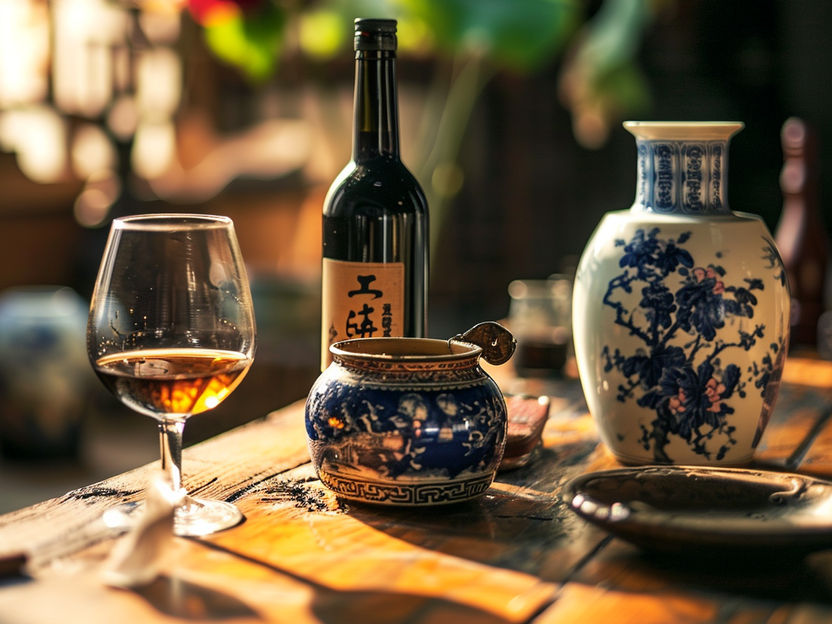
Effect of ultrasound-assisted fermentation on physicochemical properties and volatile flavor compounds of Chinese rice wine

Meati Foods Secures $150M in Series C Funding to Expand Operations and Accelerate Production of Whole-Food, Mushroom-Root Meats - Support from investors including Revolution Growth and Chipotle's Cultivate Next fund will support rapid retail expansion, development of product and Giga Ranch production facility
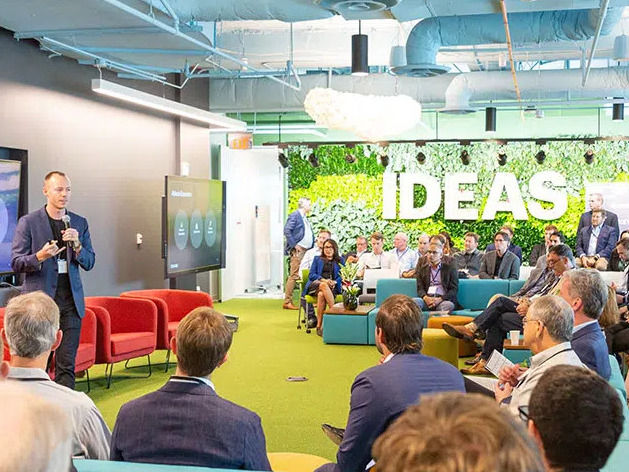
Coca-Cola Helps Fuel Atlanta Startup Ecosystem with Investment in Engage Collaborative Innovation and Corporate Venture Platform
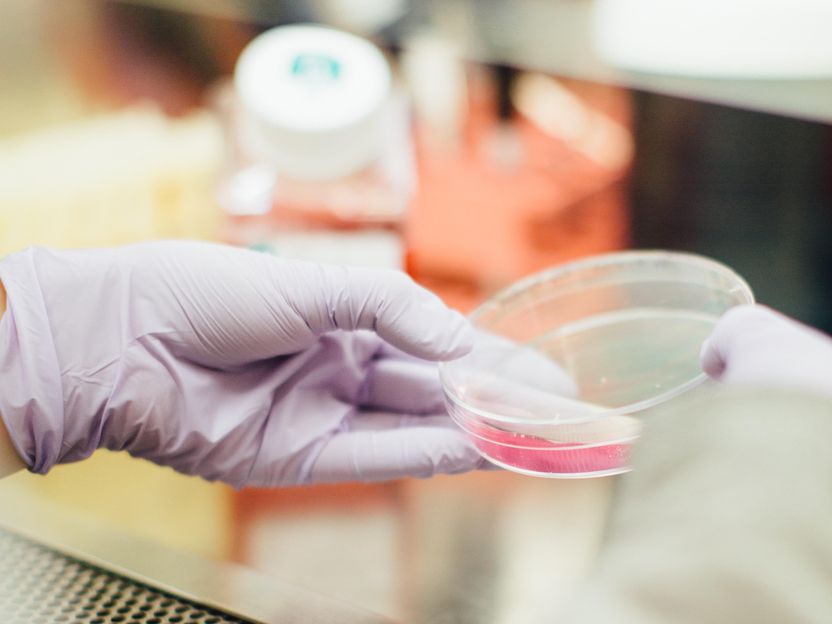
MIRAI FOODS and Shiok Meats enter strategic partnership agreement to develop cultivated beef production in Singapore and accelerate regulatory approval

